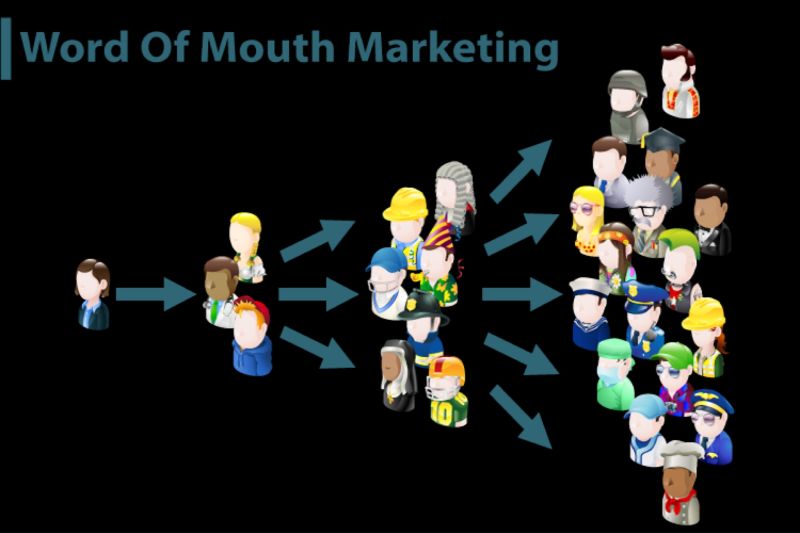

New Paradigm: Reverse Socialization
In today's rapidly evolving digital age, the traditional parent-child dynamic has undergone a remarkable transformation. The advent of technology, particularly the internet, has given rise to a fascinating phenomenon known as "reverse socialization." This shift has reshaped our understanding of the parent-child relationship and opened the doors to mutual learning and collaboration.
Understanding Reverse Socialization
Reverse socialization flips the script on how knowledge flows between generations. It acknowledges that in our modern, interconnected world, children are not merely passive recipients of wisdom but active participants in the exchange of information. With smartphones, tablets, and computers at their fingertips, today's kids have access to a vast reservoir of knowledge, trends, and global events. They are not just aware of what's happening in the world but are actively engaged in shaping it through social media, online forums, and other digital platforms.
This newfound digital fluency has given rise to a more balanced partnership between parents and their tech-savvy offspring. The parent-child relationship is no longer solely about imparting knowledge; it's about embracing a shared journey of discovery.
Respecting Their Digital Insight
In both the realms of business and home, respecting and valuing the insights of the younger generation is paramount. They bring a fresh perspective that can be invaluable in navigating the complexities of the digital landscape.
In the business world, this means recognizing the expertise that the younger generation possesses when it comes to digital marketing strategies and technological decisions. They understand the intricacies of online trends, social dynamics, and emerging technologies in ways that may elude the older generation. Involving them in discussions can lead to more effective campaigns and smarter tech choices.
At home, fostering open communication is key. Encourage your children to share their thoughts and ideas, and actively listen to what they have to say. Their understanding of the digital world can provide you with valuable insights into the challenges and opportunities they face.
Conclusion
In conclusion, reverse socialization is a powerful concept that underscores the shifting sands of generational dynamics in the digital age. It's a reminder that learning is a two-way street, where the wisdom of the past meets the insights of the future. By embracing this change, both in our personal lives and in the world of business, we can foster stronger, more collaborative relationships between generations. The parent-child dynamic, once a unidirectional flow of knowledge, has evolved into a partnership of mutual growth and understanding. It's a remarkable transformation that holds the potential to bridge generational divides and propel us forward in this digital age.


Qel eum iriure dolor in hendrerit in vulputate velit esse molestie consequat, vel illum dolore eu feugiat nulla facilisis at vero eros et accumsan et iusto odio zzril.
Philip Demarco founder of agency







